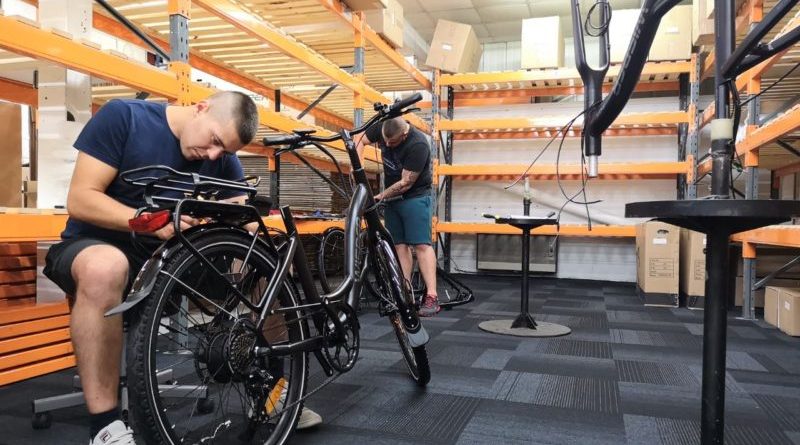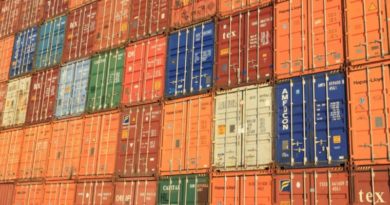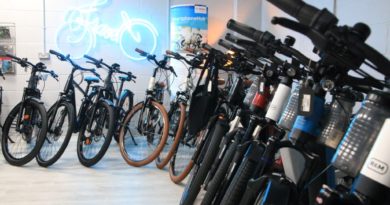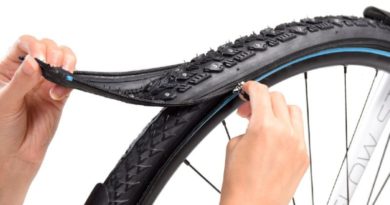Amendment gives EU assemblers clarity on circumvention, but questions remain
The European Commission has made an amendment to its anti-circumvention legislation applicable to Chinese component shipments to EU e-Bike assemblers that gives fresh clarity on the rules.
Bike Europe reports that the new regulation 2020/1296, as published here, makes clear the legality of shipping components from China for European e-Bike assembly and when exemptions from tariffs can be applied.
The tightening up of the wording in the legislation has been welcomed by both the European Bicycle Manufacturer’s Association and LEVA-EU, though the latter maintains that such rules should not be so harsh on those wishing to import. The legislation has said that certain European bicycle assemblers could become exempt from anti-circumvention duties if they could demonstrate that no more than 59% of the bikes value consisted of Chinese parts. With more e-Bikes now assembled in Europe, the rules required some clarity.
LEVA-EU’s membership base is made up of several businesses that formerly did and may still wish to import e-bikes and parts from China, though with strong tariffs now in place, this practice has dropped dramatically in favour of shipments from Taiwan and inside Europe. As a result, the landed values of electric bikes has generally risen in the absence of Chinese imports and circumvention has become a topic of interest once more in a bid to maintain lower-priced options in the marketplace.
As EBMA Secretary General Morena Fioravanti told the EU trade site, the old regulation hadn’t made clear that bicycle parts sourced from exempted producers from China could be used for EU-based e-Bike production.
Fioravanti said: “Another important part of the new regulation is that European companies who assembly exclusively e-Bikes can also apply for exemption like bicycle manufacturers.
“We are also pleased to see that the availability of e-bike parts and components for warranty and after-sales service has been arranged now. Manufacturers who are exempted to supply parts and components to assemblers in Europe can also provide reasonable quantities for replacement in case of warranty and after-sales service.”
LEVA-EU has taken a dimmer view of the changes, alleging a discrimination against companies that are exclusively producing electric bikes.
“Although, LEVA-EU applauds the fact that there is now legal certainty for some producers, the trade association finds it unacceptable that not all companies are treated equally. LEVA-EU is currently seeking legal advice as to the potential discrimination caused by Regulation 2020/1296,” said the organisation.
“This extension of the exemption to “other products” is only available to conventional bike producers who also assemble electric bikes. Electric bike producers who do not assemble conventional bicycles are unable to obtain the exemption because Article 1, indent 4 of Regulation 88/97 defines “assembly operation” as “an operation in which essential bicycle parts are brought in for the assembly or completion of bicycles”. Had the Commission added electric bicycles to this indent, they would have simplified the life of e-bike assemblers alike,” added LEVA.
The organisation remains keen to hear from electric bike businesses who have encountered difficulty in applications for end-use authorisation having heard from its members on alleged aggressive customs actions.



